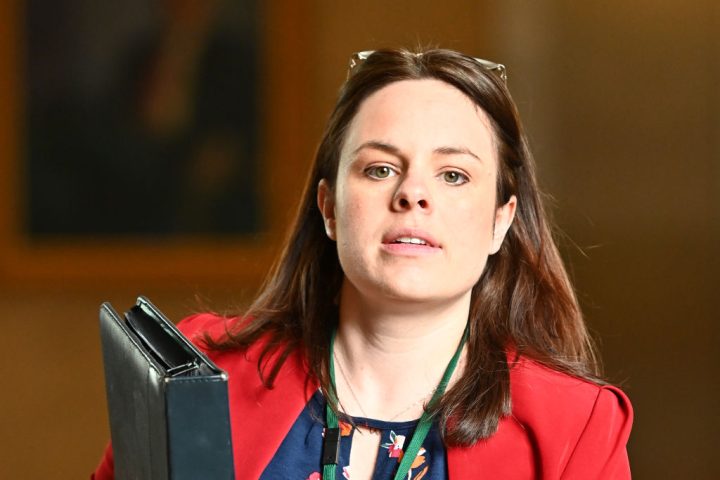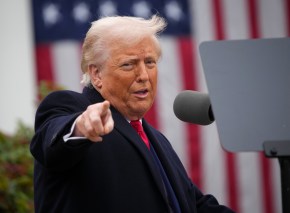The fuss over Kate Forbes’ opposition to gay marriage shows that the concept of marriage has become a serious muddle. The depth of the muddle tends to be evaded, as pundits don’t generally want to admit that a basic thing like marriage is really confusing.
But it is. It’s oddly hard to say what marriage is. Does it still have a religious dimension? Or is it an essentially secular thing that only has a religious dimension if you’re religious?
It’s oddly hard to say what marriage is. Does it still have a religious dimension? Or is it a secular thing?
Until recently, such questions troubled no one. Marriage was a mix of religious and secular elements, but the ambiguity was unproblematic. It was agreed to be a legal contract with a religious dimension that was variable; one could choose one’s level of religiosity. For non-religious couples there was still a faintly audible religious hum, created by centuries of religious symbolism.

Get Britain's best politics newsletters
Register to get The Spectator's insight and opinion straight to your inbox. You can then read two free articles each week.
Already a subscriber? Log in







Comments
Join the debate for just £1 a month
Be part of the conversation with other Spectator readers by getting your first three months for £3.
UNLOCK ACCESS Just £1 a monthAlready a subscriber? Log in